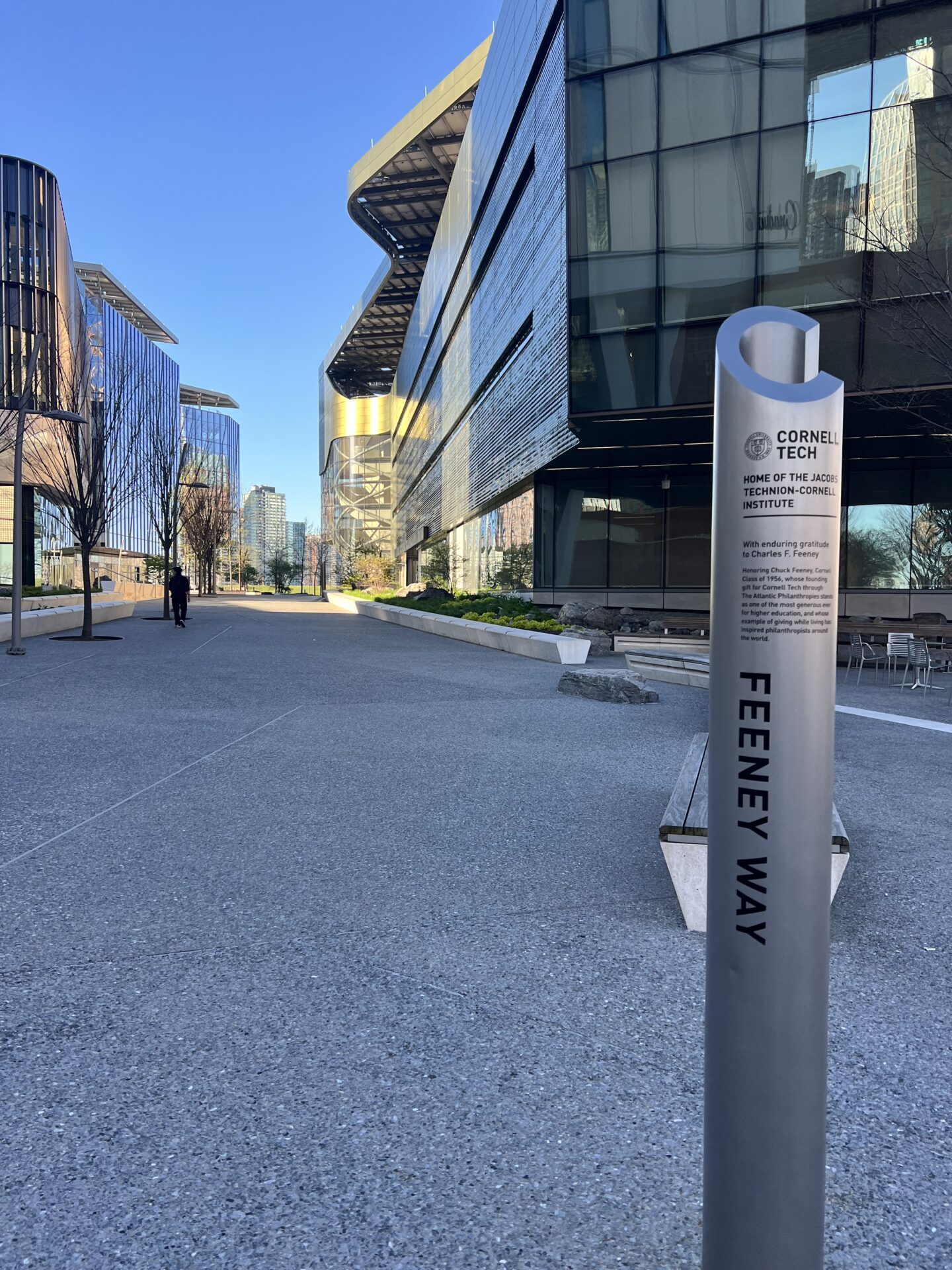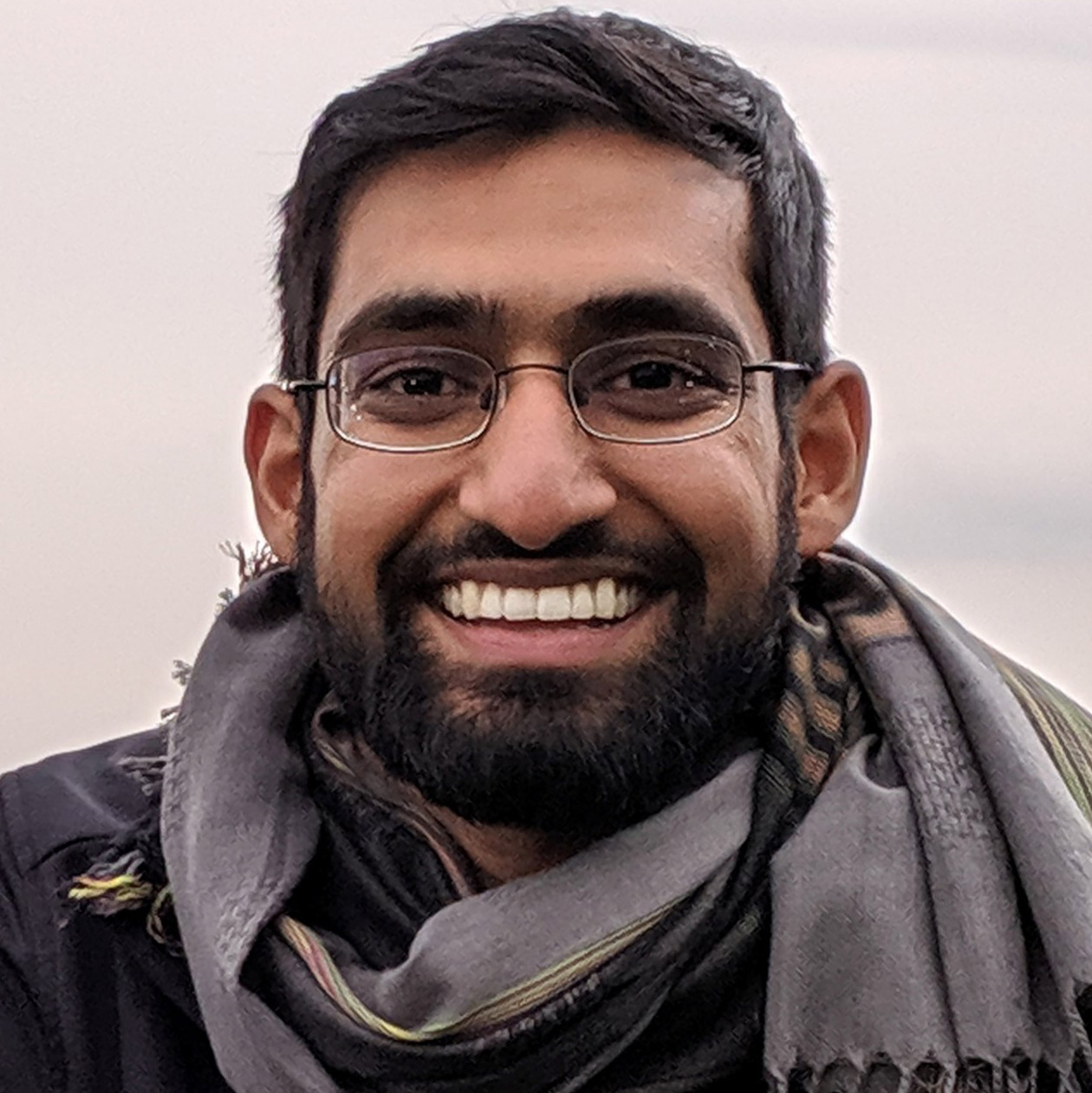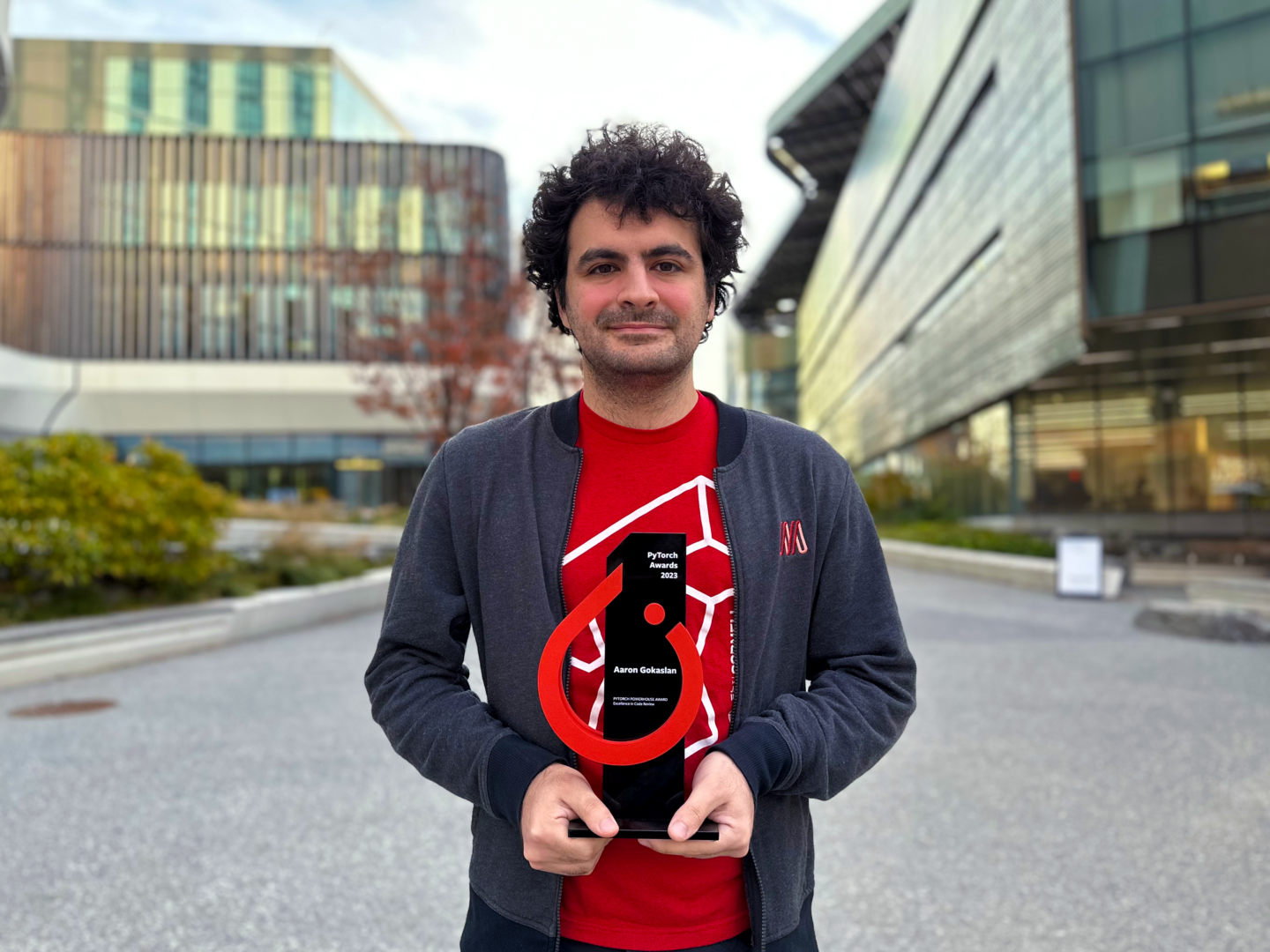Cornell President Martha Pollack to Retire After Transformational Tenure
Categories

President Martha E. Pollack, who oversaw the creation of significant interdisciplinary programs, including a new school of public policy; expanded the affordability and accessibility of a Cornell education; and whose navigation of the COVID-19 pandemic made Cornell a role model for institutions around the world, will retire on June 30, after serving for more than seven years as the university’s 14th president.
Provost Michael I. Kotlikoff will serve as interim president beginning July 1. At that time, Pollack will be given the title of president emerita by the Cornell Board of Trustees in recognition of her contributions and legacy.
“Serving as the president of Cornell has been an amazing privilege; there are few roles that afford so much opportunity to make a positive difference in the world,” Pollack said. “After seven fruitful and gratifying years as Cornell’s president – capping a career in research and academia spanning five decades – I’m ready for a new chapter in my life. I greatly appreciate the continued support of our Board of Trustees and the many faculty, students, staff and alumni who have shared words of encouragement through my time as president, especially over the past academic year.”
Under Pollack’s leadership, the university created the Cornell Jeb E. Brooks School of Public Policy; named the Cornell Ann S. Bowers College of Computing and Information Science and the Cornell Peter and Stephanie Nolan School of Hotel Administration; launched new programs in areas ranging from sustainability and digital agriculture to artificial intelligence and design and technology; and expanded external research expenditures by nearly 50%. She also oversaw upgrades to academic facilities, including the ongoing construction of a new building for Cornell Bowers CIS and the multidisciplinary Atkinson Hall.
Over the course of her tenure, Pollack has significantly expanded the accessibility and affordability of a Cornell education, from increasing by 1,000 the number of undergraduates receiving grant-based financial aid to creating a debt-free education program at Weill Cornell Medicine, among other measures. She enriched and enhanced the student experience in numerous ways, including through the Active Learning Initiative, which now reaches around 10,000 students a year; the implementation of an Intergroup Dialogue Program for all incoming undergraduate students; and the expansion of mental health services.
Pollack also advanced Cornell’s ongoing commitment to operational sustainability, spearheaded a communitywide effort to develop a statement of core values, and, in 2023, launched the university’s first-ever theme year celebrating free and open expression and inquiry.
“President Pollack has been a transformational leader of Cornell, and her positive impact on our university will be felt for decades to come,” said Kraig H. Kayser, MBA ’84, chair of the Cornell Board of Trustees. “Beyond her achievements in academics, research and affordability, I and my fellow trustees deeply value her intelligence, integrity, candor and warmth, as well as her unwavering commitment to Cornell being a community of belonging.”
Pollack, a professor of computer science, information science and linguistics, is an expert in artificial intelligence and a fellow of the American Academy of Arts and Sciences, the American Association for the Advancement of Science, the Association for Computing Machinery and the Association for the Advancement of Artificial Intelligence. Formerly provost and executive vice president for academic affairs of the University of Michigan, she succeeded the late Elizabeth Garrett as Cornell’s president in 2017. Pollack led Cornell through challenging times, navigating a global pandemic, a national racial reckoning, and the terrorist attack in Israel and subsequent war in Gaza – the impacts of which have continued to reverberate across the nation, particularly in higher education.
At the request of the Board of Trustees, Kotlikoff will serve a two-year term as interim president; the board will form a search committee to select Cornell’s 15th president six to nine months before Kotlikoff’s term ends. In addition to his nine years as provost, Kotlikoff previously served as acting president, dean of the College of Veterinary Medicine, chair of the Department of Biomedical Sciences and professor of molecular biology.
“We’re confident that Provost Kotlikoff will do an exceptional job leading the university during this important transition,” Kayser said. An interim provost will be named before June 30, and Kotlikoff will then conduct a search for a permanent provost.
Cornell’s remarkable community and ethos ensure that it will have a bright future, Pollack said.
“Cornell is unique, embracing a combination of core values that make the university exceptionally well placed to have an outsized impact on the world – across and beyond its many areas of exploration,” she said. “Leading this institution, helping to build its strengths and realize its potential, and seeing the transformational impact of our teaching, research and engagement, has been a true joy.”




